Episode 092: A Conversation on Race
In this episode, we share a conversation we recently had at New Life Church on race, racism, and our hope for unity.
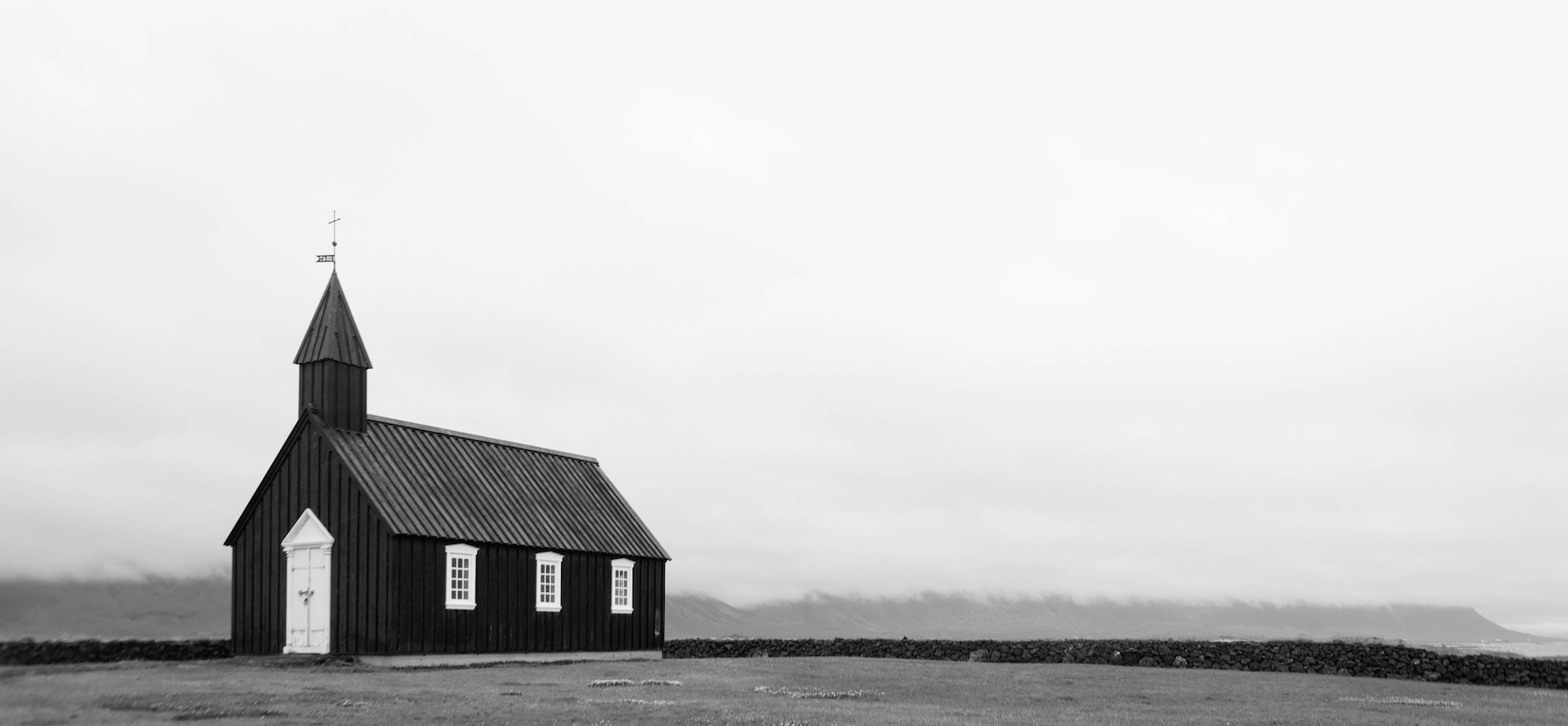
Subscribe and Watch our conversation on our YouTube channel here.
In this episode, we share a conversation we recently had at New Life Church on race, racism, and our hope for unity.

Subscribe and Watch our conversation on our YouTube channel here.
In this episode we talk about the challenge of pastoring in an election year. (Note—this episode was recorded before Covid-19 hit, which is why there is no reference to it.)
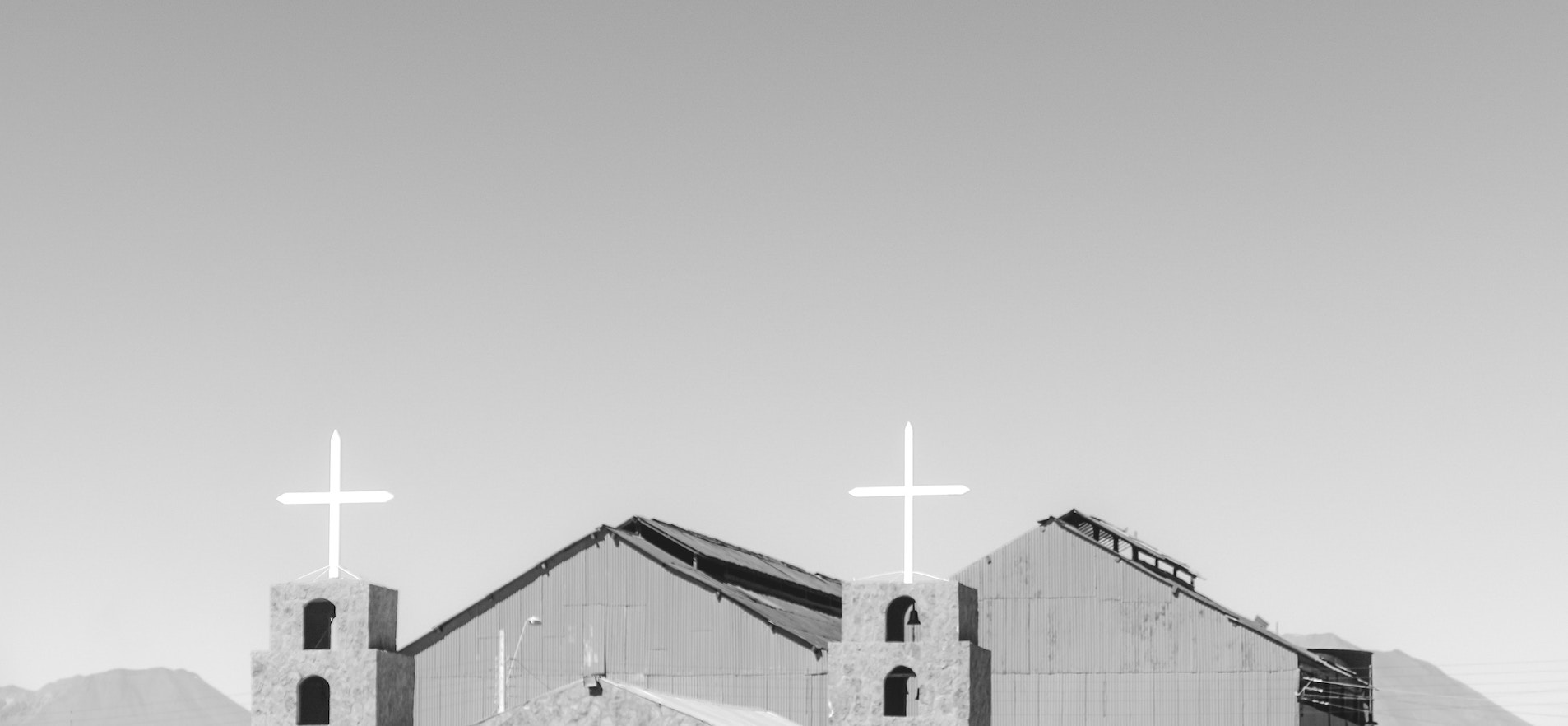
I’ve been accused of believing that politics aren’t important; I believe they are EXTREMELY important, because the laws that are passed by our officials will affect the most vulnerable among us…
Miroslav Volf says, “A great government gives everyone the conditions opportunities and tools to live a flourishing life” – this is a fantastic reason for the church to engage in politics…
We have become not a prophetic voice but a partisan voice… we play right into the tribal aggravations and distinctions that the culture is forcing us into…
The tricky part is, how much pressure do we assert on institutions that are not the church…? Does the emperor get to appoint bishops or does the church leader get to say which emperor is excommunicated…?
We’re in a crisis in the West because our definition of the common good came from Christian roots… now we’re trying to figure out if we can enjoy Christian fruit when we are disconnected from Christian roots?
The church doesn’t have a politics as much as the church IS a politics… as we listen to the Scriptures and Jesus, the Word made flesh, we become a different kind of political being…
The best thing that we can do with our politics is to be really transparent, authentic followers of Jesus first… the ministry of Jesus had political ramifications…
We need to be aware of what’s happening in our communities and in local politics… many Christians are nationally engaged but locally distant… we should, first of all, be aware of what’s happening in local politics…
A long time ago I decided that I was going to turn my outrage into outreach…
If all your talking points line up with one party’s talking points, you haven’t taken the time to understand the logic or motive of the other party… sometimes our “opponents” have the same end in mind…
Are we more at home with people who share our faith and not our politics, or those who share our politics but not our faith…? There are some really godly people who vote differently than you…
In this episode we sit down for the second of a two part interview with best-selling writer and historian Tom Holland talking about his breathtaking book Dominion: How the Christian Revolution Remade the World. This is part 2 of 2.
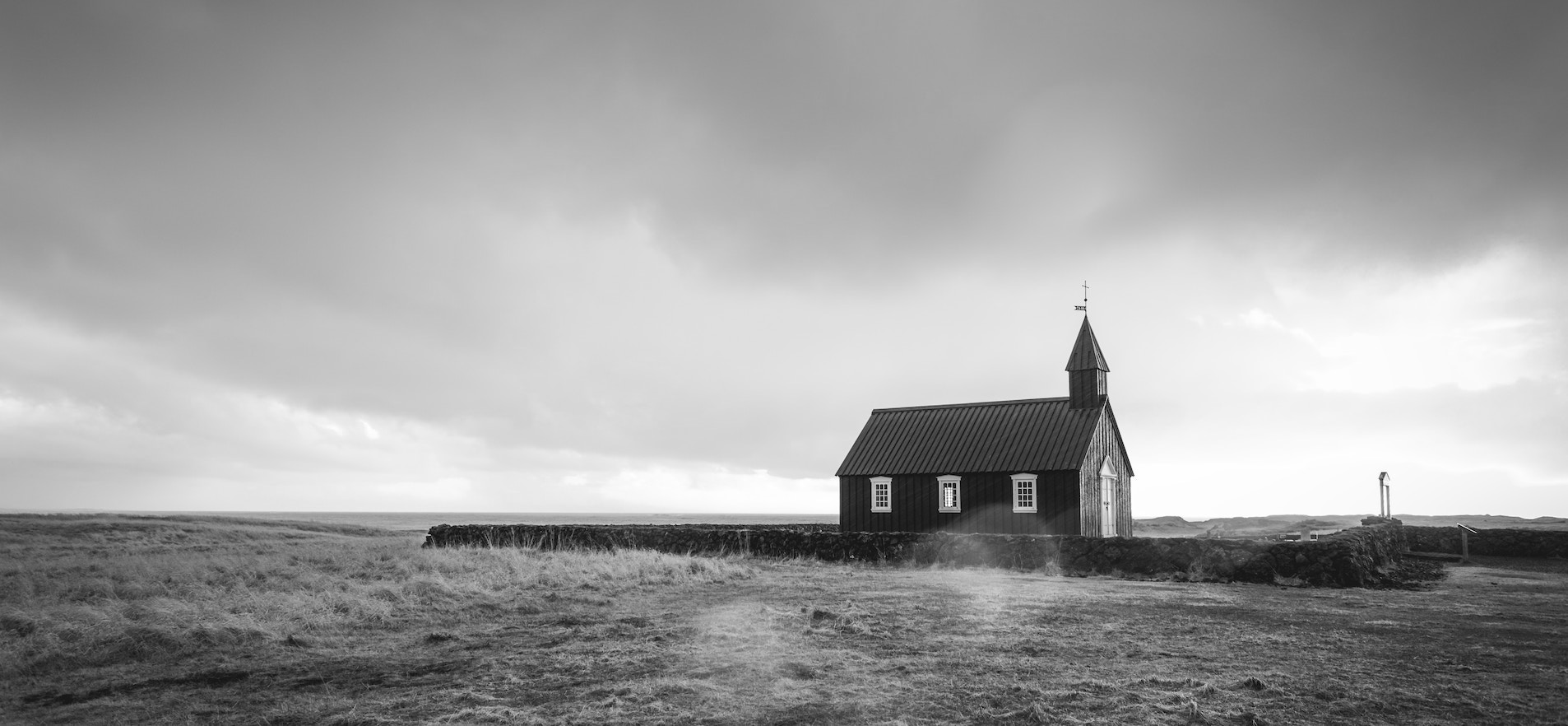
No one rejects the concept of human rights… but when you ask, “Where did you get that idea from and why do you believe in them?” it is ultimately as theological idea as believing that Jesus Christ was raised from the dead on the third day…
Human rights do not objectively exist… you can’t say that you’re superior to theology and superstition and simultaneously say you believe in human rights… if you believe in human rights you may as well say you believe in angels…
The deep-seated assumption that empires are bad—you have you ask, “Where does THAT come from?” That idea might just conceivably have something to do with the fact that the prime emblem of the faith is a cross, which is the ultimate subversion of the symbol of imperial power…
The idea that it is possible for an entire society to be born again is so powerful that it brings emperors to kneel in the snow… it is revolutionary… but then the church will need to be corrected, which gives rise to the revolution of the Reformation, which gives rise to the revolution of the Enlightenment…
I found that in the process of researching this book, there was no period of Christian history that did not offer great riches and nourishment…
This book felt like a pilgrimage to me, but I didn’t know where I was going to end up… I found when I reached the journey’s end, I felt that my life had been hugely enriched by it… I had my heart opened to things that I otherwise would have been shut off from…
I wanted to write about my godmother because when she died, I left her feeling like that was it… that she would die and be dissolved and that would be it… but now I am not so confident in that… I wouldn’t say it has hardened into Christian faith, but my disbelief is gone…
When you live in a time of crisis, suddenly the sense of belonging to many generations of people who have faced much worse crises but using the same spiritual and emotional and moral framework that we have is incredibly powerful…
In this episode we sit down with best-selling writer and historian Tom Holland to talk about his breathtaking book Dominion: How the Christian Revolution Remade the World. This is part 1 of 2.

This book was very personal for me… I was raised Anglican, and enjoyed the Bible, but generally found it less interesting than dinosaurs, and eventually the Romans… so when I started writing history, I started writing about the Romans… but the more I wrote about them, the stranger they became to me…
I started realizing that this was so because of deeply Christian assumptions I held… Dominion is an attempt to try to explain where I come from and where the world I live in comes from…
The earliest sources we have for understanding Christianity are Paul’s… and they are obsessed with the crucifixion… the idea that this God suffered a monstrous death on the cross is a massive stumbling block…
Moreover, the idea that this God has brought about a new covenant and that the law can be written on the heart changes everything… it feeds into the idea that our understanding of what is good can be progressive… [which is a very modern idea]…
Further, to die on the cross is the worst death imaginable… it is a humiliating death… to be publicly exhibited on an instrument of torture is a kind of billboard advertising the power of Rome… to suggest that the man who died on this cross is identical with the one God of Israel is madness…
When you see it all in this light, you see how blasphemous Paul’s message is not only to the Jews but also to the Romans…
In the 11th century, the Church is set up as the world’s first sovereign state, which means that everyone under the church has the right to appeal to the Church for law, justice, and order, even over the heads of earthly rulers…
To do this, you need frameworks of law… Christianity didn’t have a body of law at the time, and so institutions called universities pop up with scholars who look to the Church’s canons to construct a divinely sanctioned justice for those who appeal to them…
The core idea of their justice was Christ’s teaching that the rich have a duty to care for the poor… they start extrapolating the implications of that… the responsibility of the rich to the poor means that the poor have rights…
The [Christian] universities are all of a sudden constructing the idea of universal rights… the Enlightenment thinkers and writers are building off of those maneuvers…
In this episode we sit down to talk about how Covid-19 has impacted us as well as some best practices we’re learning as we navigate this. (Also, in a related conversation, Andrew and Glenn sat down this same week with Dr. Mark Mayfield to talk about Covid-19 from a mental health and family perspective. Listen to that conversation here.)
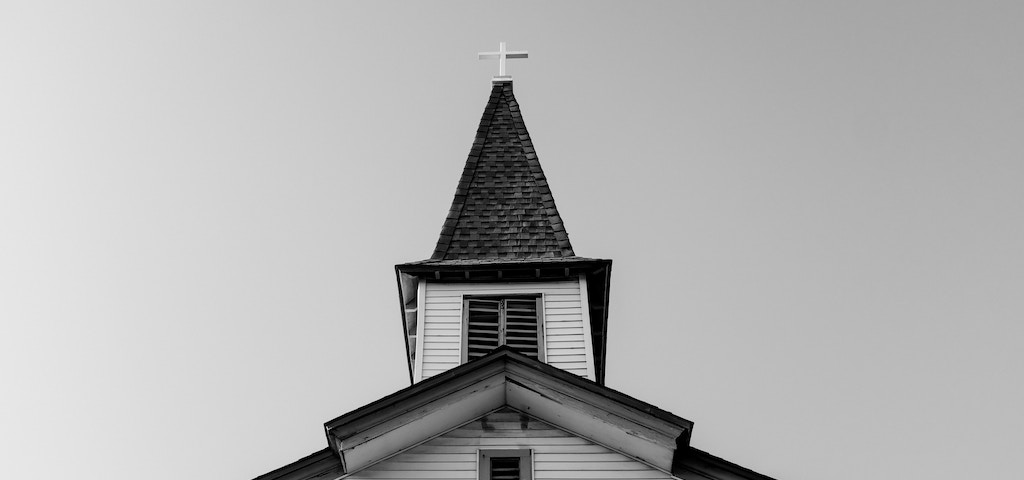
The key to this entire thing is to simplify yourself really quickly, to get back to the basics… this is when you go to blocking and tackling… you need to lead in a steadfast way…
We need to be aware of how emotionally fragile everyone is… we’re home, but we’re not decompressing… we’re all a little fragile and thin, and we need to be aware of that…
I actually think we’re doing a better job pastoring people now than what we did before… we’ve made personal, lingering phone calls to over 4,000 people in our congregations… the best thing we did wasn’t live streaming, but getting on the phone with our people…
The creativity in connection… our congregations are using Zoom as a digital lobby, allowing us to see people’s faces between services…
I think this virus is making us more human… there is going to be a hunger for church gatherings unlike any other time I’ve ever seen in my life… there is a longing for the gathered church…
I think church attendance is going to skyrocket, and the churches that are ready for that are going to grow… I can see 20-30% growth happening… the Spirit is using all of this to shape and form a new church…
Many pastors right now are producing too much content… if you’re going to go online, have something to say…
I think it’s wise that we love our neighbors and NOT meet… in this time right now, defiance is foolish… pastors shouldn’t politicize this… this is a human issue… it’s a chance for us to be pro-life from womb to tomb by staying home…
Our messaging needs to be simple right now… most of the Bible is written by and to a people under duress… so let the text speak to people… simplify and shorten your services…
Clarity of message is huge right now… this isn’t the time to do a deep, multilayered exposition of this or that…
When the quarantine lifts, pastors need to start thinking “micro”… have you deep-cleaned your building…? How are you going to make hand sanitizers available…? How are you going to dismiss people…?
Pastors are used to thinking at 30,000 feet, but I think it’s going to be the small things that will make us prosper over the next several months…
In this episode we sit down to conclude our conversation on Andrew’s article “10 Hopes and Prayers for the next 10 years.” (The original article can be found here.)
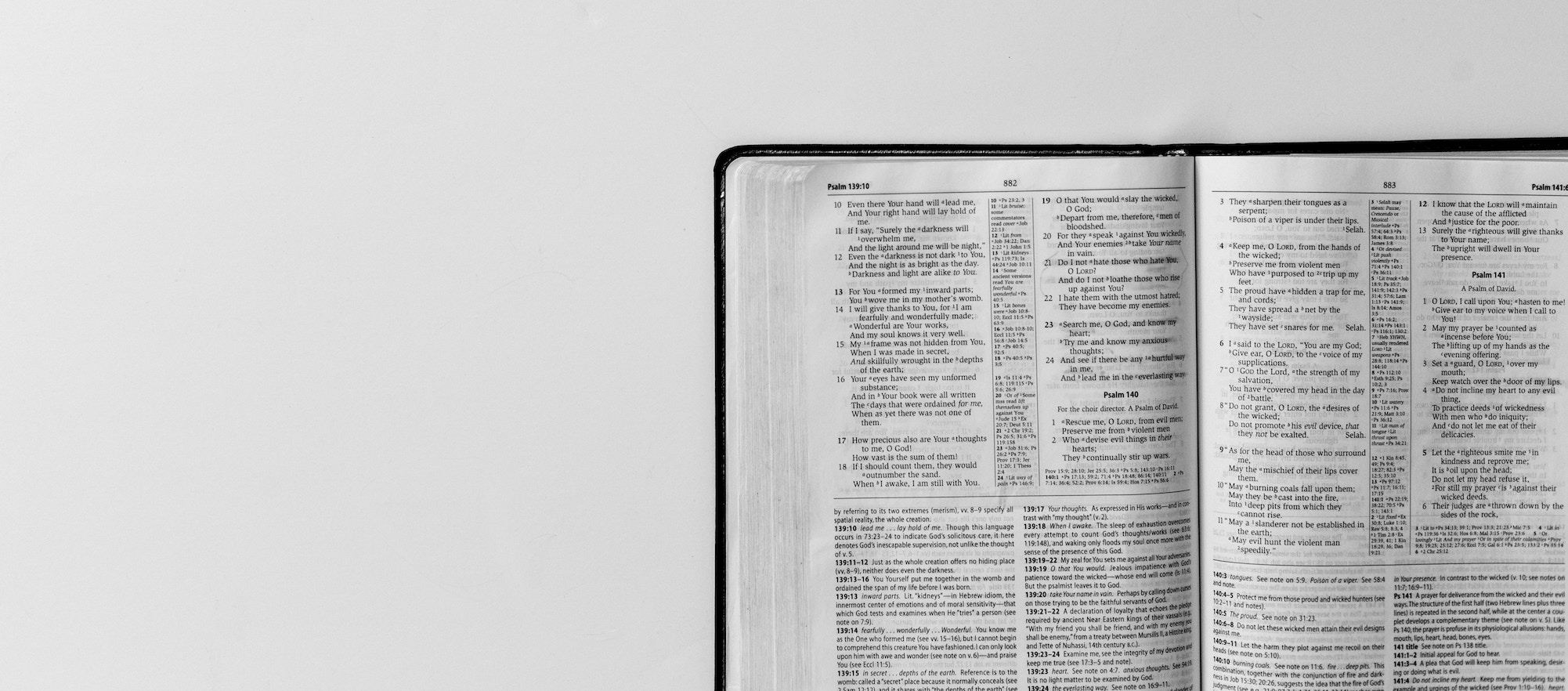
Church is at once the most mysterious thing on planet earth and also the most ordinary thing on planet earth… the way that we live together is itself a testimony to the world of what the world will one day be when God is all in all…
The church is an embodiment of a new possibility for living… but it can’t do that if what it’s exporting to the world is just a couple finely tuned religious goods and services… we actually have to DO LIFE together…
Our isolation is not good for the human soul… the church is the one place where face to face, voice to voice interaction is required…
Winning and losing are rampant in our culture, but in the church this need not be… the cross has leveled the playing field… and so there is no need to sequester resources or power…
The church is the one place where power can be used in the right way, where power is used to lift and not control, not to dominate, not to be abusive…
The places of deepest pain and brokenness and shattering can become the places of greatest strength… but you have to learn to rest in that…
We have a hard time with this in the church… so what we do is try to shore up weaknesses and amplify strength… we want supermen and superwomen and super-pastors… it was the same in Paul’s day…
One of the most powerful things that happens in the church is water baptism… another person is placing you under the water and bringing you up… it’s a symbol of vulnerability…
One of reasons we have siloed leadership is because we’re afraid to show our weaknesses… when we embrace our vulnerability it creates the possibility of our leading together…
We need to learn once again the ancient wisdom that God is our all… too many leaders are trying to achieve something existentially inside the church that only God can fill, and that’s driving their leadership into bad places…
In this episode we sit down to talk about an article written by Andrew on 10 hopes and prayers for the next 10 years. (The original article can be found here.)

I would love to see the church become more spiritual… there is a vacancy of mystery in the church… we reduce everything to five easy steps, and it doesn’t satisfy the deepest thirst of the human soul…
The church needs to not be ashamed of the one thing it can offer that no one else can…
We need to recapture wonder… I think that we’re not surprised enough in church… the Holy Spirit is right here, and right now, which means that anything can happen…
The late Robert Jenson said that the basic difference between a living God and dead god is that a living God can still surprise us, and that’s what we see in the New Testament…
Our services are not unplanned but they are unscripted… we know that there are elements that will always be there, but it is the unscripted element that brings it to life…
Structure can and should have wonder in it… our way of holding the Creed and the Lord’s Prayer ought to be full of wonder…
In order to do this, we are going to have to slow down… I want the church in North America to swear off the haste that has become characteristic of its life…
God takes time, and we can too… sometimes when I am sermon prepping, the most effective thing I can do is just to leave it alone… go for a half hour walk, take some deep breaths, take in the landscape, and remember the Story…
When we are moving too fast, we don’t listen well, and when we don’t listen well, we don’t engage deeply in relationship, and we miss too much…
We are living in a time that is incredibly angry… the volume is so high and so many people are just talking past one another… it is a symptom of the haste that is in our hearts…
The frightful despotism of “I have to win” where life is a zero sum game is so destructive to our commonwealth, and I think that the church can lead the way on (changing) this…
In this episode we sit down with the founder and director of the Center for Faith, Sexuality, and Gender, Dr. Preston Sprinkle, to talk about what it looks like to really love our LGBTQ neighbors.
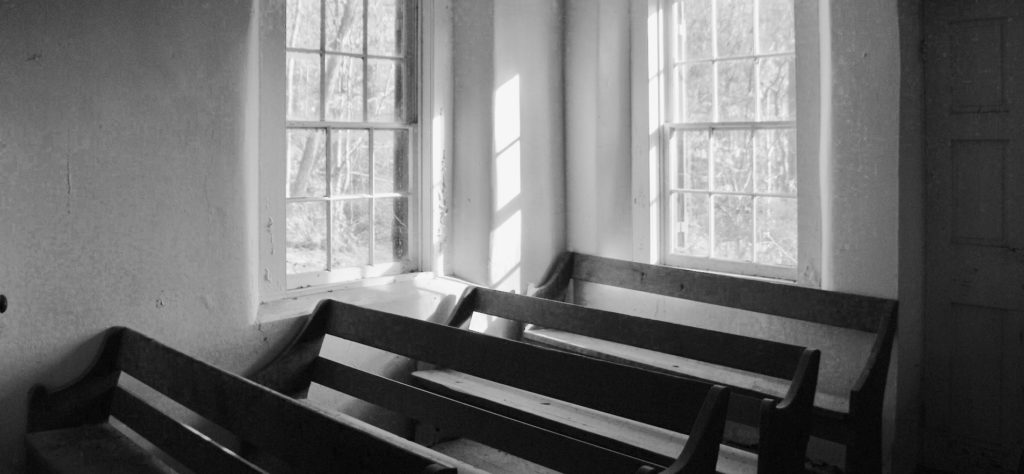
This started as an academic challenge for me, but it quickly ripped my heart out… the journey has been trying to navigate the tension between biblical faithfulness and yet radically loving people…
Many Christians are so concerned to get the truth right that love takes a distant second… love winds up being the icing on the cake rather than the very embodiment of the truth…
The phrase “our truth will not be heard until our grace is felt” is really directed at the person who is passionate about theology… the person who is concerned about theological integrity needs to also be radically compassionate…
One of the most profound mysteries of my journey of Christianity is that when you are passionate to go where the text leads, you make Bible-believing Christians really nervous…
When I came at the Scriptures, I gave it a fair a shake as I could… and I think that the traditional view of marriage is clearly the Scriptural one… marriage is a union between a male and a female and that anything beyond that is sin…
N.T. Wright was really the one who helped me see that the meaning of marriage is written into the script of Creation… the ultimate question isn’t whether two people of the same sex can get married… the question is what even is marriage? Difference is woven into the Creation account…
We have no written evidence from church history that any branch of Christendom has defined marriage differently [than the traditional view]… same sex relationships have always been pervasive… and yet globally and historically the church has never had a different position…
We often hear that it’s the church’s theology that is driving people away, but that’s factually untrue… it’s not our theology that drives people away, but it’s how we have held to our theology…
We shouldn’t idolize marriage… we have often made people feel like they are a lesser Christian if they aren’t married… the New Testament defines marriage precisely and celebrates it, but it doesn’t idolize it… it is not essential to human flourishing…
Grab Preston’s book “People to be Loved” HERE. You can also check out his work at https://centerforfaith.com/.
In this episode, with John MacArthur’s controversial comments regarding Beth Moore in the air, we sit down to talk through some of the key texts for thinking about a theology of women in leadership.
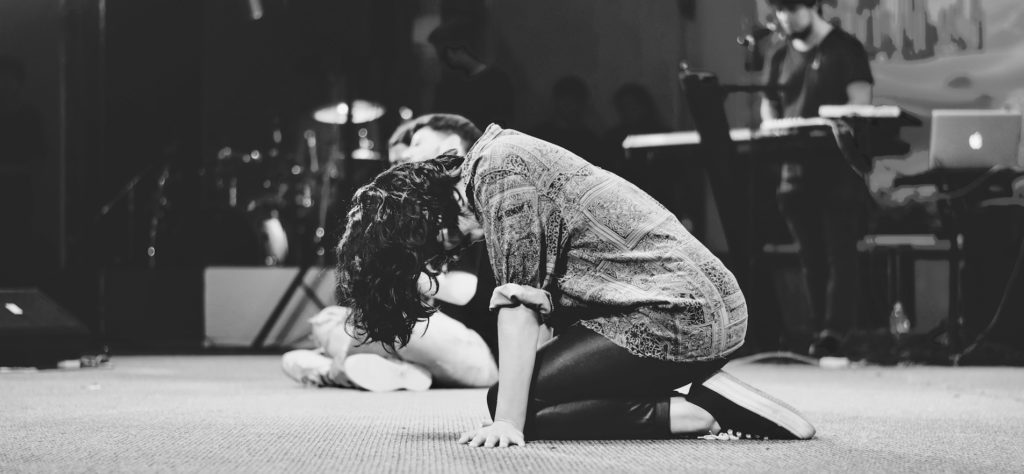
The charismatic movement believes that God pours his Spirit out on all people… so in my journey, I’ve always wondered, “What would prevent a woman from preaching?”
For me, I came to Christ in high school, and my very first youth pastor was a woman, so I didn’t even realize it was an issue… when I started really reading the Bible, I saw women all over the place… so when I got to the troubling passages, I assumed there had to be an explanation…
Our entry point into the conversation really does matter… and we can’t just enter into it through our experience, and try to make the Bible match our experience… but it turns out that the Bible does have a whole lot to say about women in ministry…
“Suitable helper” in Genesis is actually a bad translation… it is saying that alone, Adam can’t fulfill the commission…
The Hebrew word that is used for “helper” is actually most often used of God in the Old Testament… if the Old Testament had wanted to communicate subordinate status, it did a bad job of that…
With Mary and Martha… “sitting at the feet” is the same description used of Paul with Gamaliel; Martha is mad because Mary is transgressing a social boundary, and Jesus welcomes it…
What winds up happening is that we take a couple troubling texts and use them to dismiss all the others that seem to be saying something else…
In 1 Corinthians 14, we need to remember that this is one side of a correspondence… Paul has already given instructions on women prophesying in the church… in chapter fourteen he is quoting the Corinthians back to them to say, “This is NOT what I teach…”
In 1st Timothy 2, Paul is offering a specific prescription for a specific thing happening in the church… this is Pastor Paul showing up and trying to correct something that’s wonky inside the church…
We need to realize that either we are misreading Paul, or Paul is flat out misreading Genesis… instead what Paul is saying to the Corinthians is, “YOU are misreading Genesis…”
Grab Lucy Peppiatt’s book Rediscovering Scripture’s Vision for Women HERE
Grab Pastor Brady’s Book Let Her Lead HERE
In this episode we sit down to talk with author Amy Julia Becker about her book White Picket Fences: Turning Toward Love in a World Divided by Privilege.
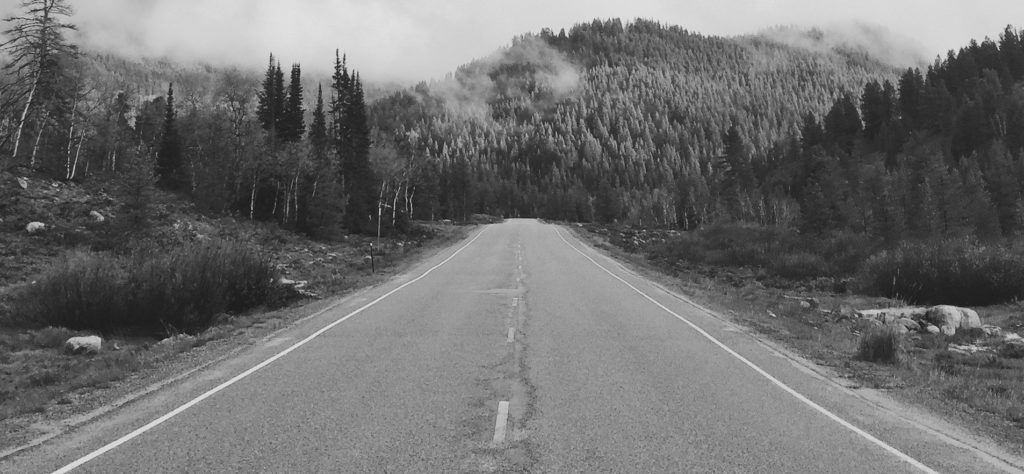
I was planning on writing a book about children’s literature… I began to notice that the books I read to my kids were the ones that were read to me as a child… but I saw that they were all mirrors: they were all about white suburban families who had nice lives and similar problems to ours…
I began to recognize that we did not have books about people of color, which set me on a journey to find them, and to realize that a lot of them just hadn’t been written… which led me to ask some serious questions about my childhood…
Eventually I realized that I wasn’t writing a book about children’s literature; I’m writing a book about privilege, about what it means to be a person born into relative affluence, access to opportunity and education, and whiteness… what does that mean and how do I reckon with it?
My image of my (southern) childhood was idyllic… it was somewhat horrifying to look back and realize that I went to a private school that was founded because of desegregation… I loved that school, but as an adult I needed to recognize that that was an injustice…
Trying to hold grief and gratitude about my past together was where I ultimately landed…
Many people feel as though they are forced to either reject their parents and their childhood in order to reckon with injustice, or simply tow the party line and ignore it all…
One of reasons we shouldn’t demonize privilege is that we need to recognize that we are born into a social location… as Christians we need to ask what is God doing in me and through me in this place? God blesses us to be a blessing…
As my daughter (who has Down Syndrome) grew up, I began to recognize my own impoverishment… getting to know people with intellectual disabilities helped me see what I needed… the ways in which I didn’t understand love or relationships being more valuable than productivity… I desperately needed them…
What I am hopeful for is a holistic response to the harm of privilege… we need to do the intellectual work of reckoning with our history, learning about our cities, etc.… we need to engage our hearts in lament… and after that work, we need to, in community with others, determine what we will do to participate in God’s healing of the world…
Pick up Amy Julia’s book White Picket Fences here.